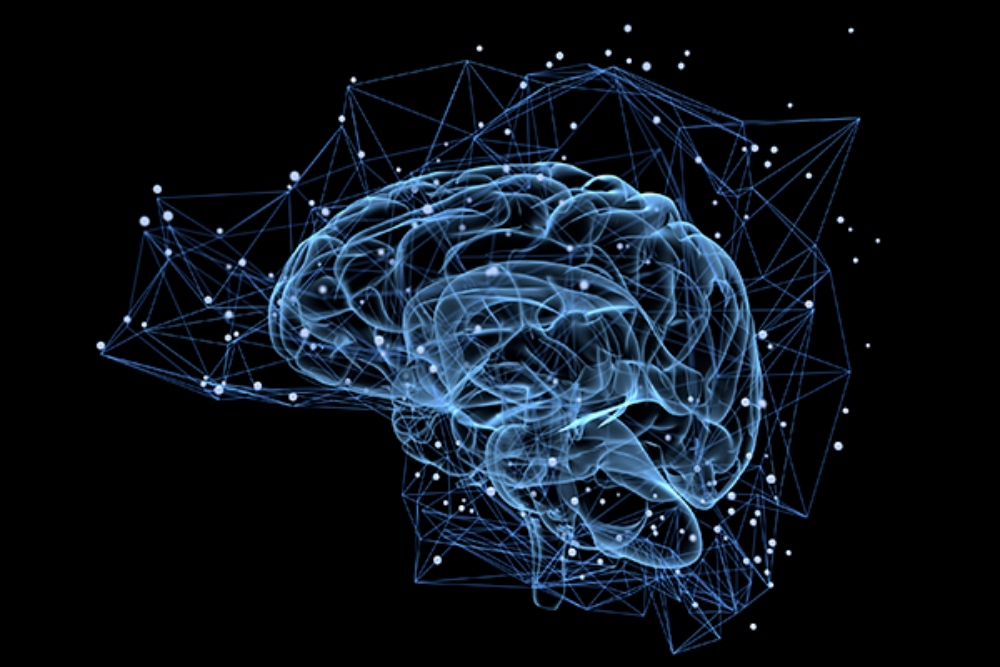Comments
- No comments found

There is a new piece in Nautilus, The Worth of Wild Ideas, stating that, "In IIT, the amount of consciousness a system has is tracked by a mathematical quantity called Phi, and, according to the theory, wherever there is non-zero Phi, there will be consciousness, at least to some degree.
This implies a restricted form of panpsychism, since instances of non-zero Phi can be found beyond brains, and even in non-biological systems. Some very simple systems can be conscious according to IIT, such as grids of inactive electronic circuitry in a computing device—though the kind of consciousness involved may be very minimal. But many other things—whether simple or complex—will lack consciousness entirely, because they don’t integrate information in the right way. For example, according to IIT, things like tables and chairs wouldn’t be conscious, and neither would artificial intelligence systems in which signals can only flow in one direction."
The article is a containment effort, defending Integrated Information Theory (IIT) from the charge of pseudoscience. The article did not mention mental health, illness or disorder. It did not also mention brain diseases in general. It is unlikely that IIT would have been tagged pseudoscience if it had, for years, found a way to explain or solve mental conditions or addictions.
Theories about the brain, including those of consciousness, that cannot explain or attempt to solve mental conditions or brain diseases have an open test they have already failed, even if experiments can be designed for them or they are falsifiable.
How does the global workspace theory explain major depression? How do higher-order theories of consciousness explain schizophrenic psychosis? How does the attention schema theory explain Alzheimer's disease? How does predictive processing explain bipolar disorder? How does IIT explain PTSD? How does panpsychism explain substance abuse?
There are observations that these theories have made, but observations, for the brain, when conditions are there, are not enough. The relationship to conditions, either to solve or explain a major condition, defines the theory beyond basic empirical tests.
Many theories are not mechanisms of observations, but observations as theories. How does the brain carry out what is described as prediction? How exactly? If this is known, how does it explain or solve bipolar disorder, if it could?
There is a global problem of the human mind. There are conflicts in the world that stem from perceptions, or those from the inability to come to terms with differences. What goes on in the mind in those cases is beyond looking for activity areas in the brain or slapping fancy phrases like default mode network, flow state, episodic memory and others.
The brain is said to be the most complex organ, but there are too many credible junks like controlled hallucination, best guess, predictive coding/processing/error, central executive, free energy principle--with no application to anything useful. In brain science, wild ideas or their scientific compatibility are not as important as what they would mean to explaining or solving mental illnesses. The DSM-V has labels for conditions, from observations. Consciousness theories are labels from observations. What will move psychiatry forward?
Consciousness research is a serious science, but the relevance of the field depends on the usefulness of its studies to real world problems. Generative AI has crossed a knowledge threshold. It is strange that many consciousness scientists keep dismissing it as nothing, in part due to having little the field can say about it. Psychedelics are also making progress, yet little is usefully explained.
Consciousness science could be applied to some of these areas, for real-world applications. The relevance of the field may be predicated on its answers, not on the fear of some brand smudge, winter, or on the verdict of pseudoscience.
Leave your comments
Post comment as a guest